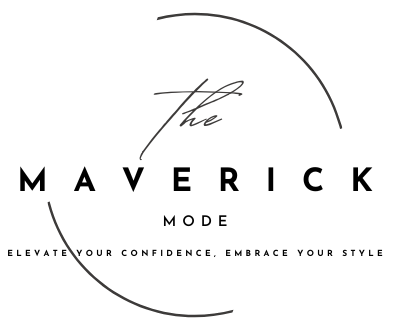Social distancing should be required during this time 18 months or longer We have now to wait for one Coronavirus vaccine.
This will look like we have little control, but there are several evidence-based protective measures we can soak up the meantime to make sure we are as healthy as possible, to ward off infections and prevent mental health problems attributable to uncertainty and stress escalate.
Coronavirus and underlying medical conditions
There may be recent evidence that some younger people suffer a stroke after being infected with the virusbut nearly all of people who find themselves hospitalized, in intensive care, or who die from COVID-19 have an underlying medical condition. A study showed that 89% of individuals hospitalized within the US had not less than one.
These underlying diseases include hypertension, high blood sugar (especially type 2 diabetes), obesity and lung disease. An evaluation Data from Britain’s National Health Service shows that of the primary 2,204 COVID-19 patients admitted to intensive care units, 72.7% were either obese or obese.
There have been all these health problems related to our lifestyle These include poor weight loss program, lack of exercise, smoking, excessive alcohol consumption and high levels of stress.
It is apparent that we have created a society wherein it’s difficult to be energetic, eat healthy, drink less and keep stress under control. Perhaps it is time to thrust back. This can be essential for serious illnesses equivalent to heart disease and diabetes, in addition to the extra threat we face emerging infectious diseases.
One study shows that only 12% of Americans are in optimal metabolic health, meaning their blood pressure, blood sugar, weight and cholesterol are inside a healthy range. This rate is prone to be similar in lots of Western countries.
There may be now quite a few evidence that our unhealthy lifestyle is linked to viral diseases, especially respiratory diseases. High blood sugar reduces and impairs immune function. Excess body fat is thought to disrupt and cause immune regulation chronic inflammation. Insulin resistance and prediabetes can delay and weaken the immune response to respiratory viruses.
Improving immunity through lifestyle selections
If we restrict and change our lifestyle for 12 to 18 months while we wait for a vaccine, and if we want to higher protect ourselves now and in the long run, we could address these lifestyle aspects. They not only influence our recovery from viruses and respiratory infections, but are also the biggest cost factor for quality of life in most countries.
Optimizing the health of the nation should be a priority. And that’s long overdue. There was one there significant underinvestment in most developed countries in preventative medicine to scale back chronic diseases and improve each longevity and quality of life through a healthy lifestyle.
Healthy organisms are naturally immune to infections. That is true Plant, Animals And People. Maintaining optimal health is our greatest defense against a pandemic until a vaccine is obtainable.
We discover three modifiable risk aspects:
1. Food regimen
Research shows that better-nourished persons are less prone to develop each mental and physical problems. It comprises certain nutrients, equivalent to vitamins C and D and zinc identified as essential to enhance immunity across all the lifespan. In each cases, higher nutrition is related to a lower risk of developing psychological problems Children And Adult. Small amounts of specific nutrients, equivalent to: Vitamin D, have been recognized as risk aspects for COVID-19. These nutrients are easy (and inexpensive) to replenish.
What does it mean to be higher fed? Eat real, whole foods – fruits and vegetables, nuts, legumes, fish and healthy fats and reduce consumption of highly processed foods.
2. Exercise
Being physically fit adds years to your life – and life quality. High cardiorespiratory fitness (lungs and heart) can be related to fewer respiratory diseases and higher survival Diseases.
How do you get fit? Put aside time every day and prioritize walking to a minimum and, if possible, more vigorous activities. Ideally, you go outside and are with significant others. The more the higher, so long as you do not overdo it for your individual fitness level.
3. Stress
Stress affects our immunity. It disrupts the regulation of the Cortisol response which can suppress immune function. Chronic stress can reduce the body’s lymphocytes (white blood cells that help fight infections). The lower your lymphocyte count, the greater the chance of contracting the virus.
How do we reduce stress? Meditation, yoga, mindfulness, cognitive behavioral therapy, sleep optimization and healthy eating can do that all help mitigate the negative effects of stress on our lives. During times of stress, take additional nutrients equivalent to B vitamins and the total range of minerals equivalent to magnesium, iron and zinc stress has a positive effect on general stress levels.
Changing lifestyle aspects is not going to eliminate COVID-19, but it surely can reduce the chance of death and help people recuperate. And we can control these aspects if we and our governments take the initiative.








